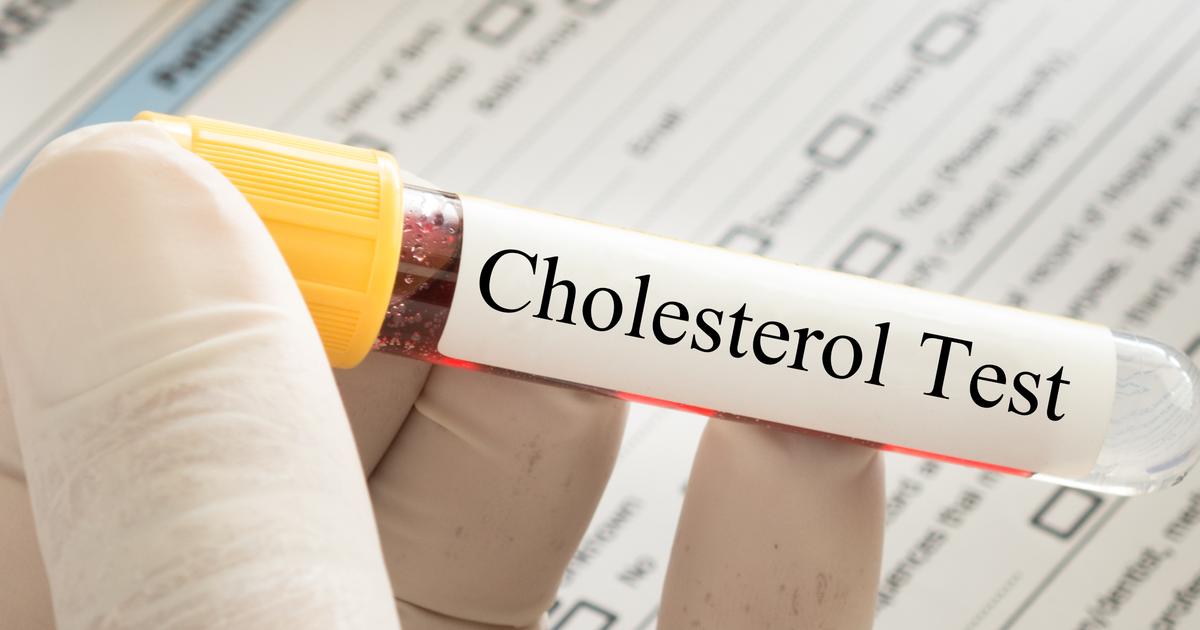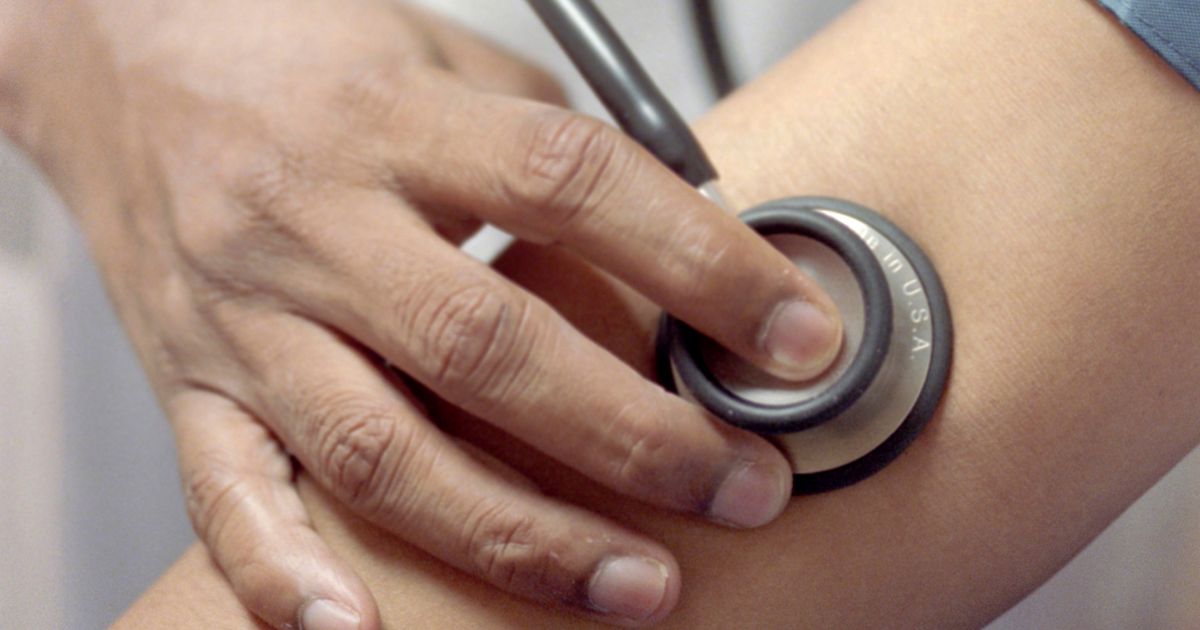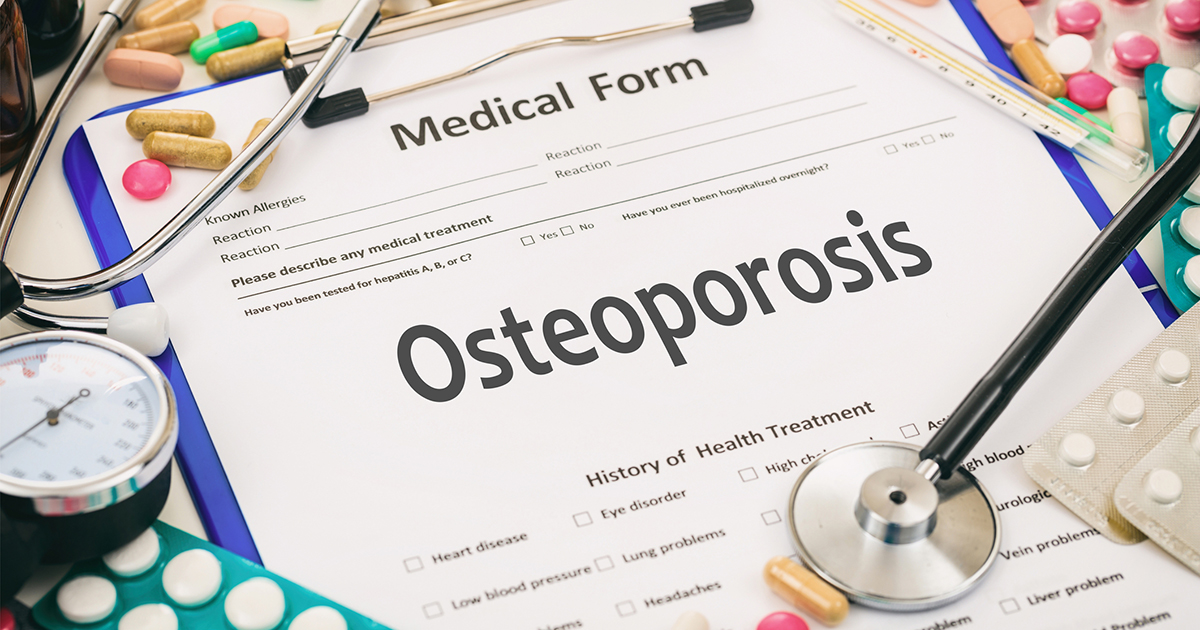Guide To The Health Benefits And Concerns About Soybeans
Soybeans are among the most versatile and popular crops in the world. They can be made into several different food products including tempeh, natto, miso, soy sauce, soybean oil, soy protein, and tofu. Some individuals even eat soybeans whole. Vegetarians and vegans often get vital protein and other nutrients from soybeans. This snack is eaten traditionally in Asia and has become increasingly popular in Western countries over the past few years. Many individuals in the United States use soy milk as an alternative to dairy milk, and they may use soybean products as substitutes for meat. While soybeans have several potential health benefits, some researchers have raised concerns about health risks they may pose, particularly when consumed in excess.
May Reduce Cholesterol

Some evidence indicates soybeans may lower cholesterol. When an individual's cholesterol is abnormally high, they may be at an increased risk of developing heart disease and suffering cardiac arrest. One study showed individuals who ate forty-seven grams of soy protein every day could lower their 'bad' cholesterol by 12.9 percent and their overall cholesterol by 9.9 percent. Another study showed fifty grams of soy protein daily caused low-density lipoprotein cholesterol to lower by three percent.
More studies need to be done to determine whether lowering these cholesterol levels also lowers an individual's risk of heart disease. Though it hasn't been definitively proven that soy protein can prevent heart disease, the United States Food And Drug Administration has approved health claims about the use of soy protein in heart disease prevention. When eaten as edamame, soybeans have vitamin K, antioxidants, and healthy fiber. These are plant compounds that can reduce an individual's risk of heart disease as well as improve their overall blood lipid profile.
May Lower Blood Pressure

Soybeans may lower blood pressure because they contain isoflavones, which are nutrients also found in peanuts, green tea, and other plant-based foods, and studies indicate isoflavones might be effective in lowering blood pressure. In the most comprehensive study, five thousand Americans were followed for twenty years. At the end of the twenty-year survey, the data showed individuals who ate the most isoflavones had the best blood pressure. The systolic blood pressure for these individuals was around 5.5 points lower on average than those who ate few isoflavones. Adding soybeans to diet increases the amount of isoflavones consumed.
One cup of soy milk includes around twenty-two milligrams. Meanwhile, just one hundred grams of soybeans can have up to 130 milligrams. The theory is isoflavones increase the body's production of the enzymes responsible for creating nitric oxide, which relaxes blood vessels. When the blood vessels are relaxed, they widen, causing blood flow to happen more easily. This leads to an overall drop in blood pressure.
Reduce Risk Of Osteoporosis

Some research indicates soybeans can reduce an individual's risk of osteoporosis, which occurs when there's a loss of bone density. Bone loss causes the bones to be fragile and brittle, placing them at a much higher risk of breaking. Older individuals are much more prone to osteoporosis, as a loss of bone density is a normal part of aging. There have been observational studies indicating eating soy products regularly can lower the risk of developing osteoporosis for women after menopause. In addition, another study of postmenopausal women indicated two years of soy isoflavone supplements caused the bone density of the participants to increase.
This implies in addition to slowing or stopping bone loss, eating soybeans might be able to partially or totally counteract the effects of osteoporosis. Data from multiple studies shows taking ninety milligrams of isoflavones each day for three months might promote the formation of bone and reduce overall bone loss. With that said, other studies have been inconclusive. While they haven't found a harmful impact on bone density, they also didn't measure any marked impact.
May Affect Thyroid Function

Though soy is popular for its potential health benefits, there are also several concerns researchers advise individuals to keep in mind. One worry is soybeans may adversely affect thyroid function. In addition, they might interfere with the body's ability to absorb synthetic thyroid hormones. This means if an individual is being treated for hypothyroidism, their treatment may become less effective if you have soy in your diet. There have been some studies regarding the effects of soy foods and isoflavones on thyroid function.
When healthy individuals added soy to their diets, there was not a measurable adverse effect on thyroid function. This indicates there isn't significant scientific evidence showing soybeans can negatively impact thyroid function in individuals whose thyroids already function properly. However, in patients who already have hypothyroidism, soy might interfere with the body's ability to absorb their medication, which means they might need to use a higher dose of thyroid hormone. With that said, researchers say there's no need for hypothyroid patients to avoid soy foods entirely.
Unknown Influence On Breast Cancer

Some researchers theorize soybeans can reduce an individual's risk of developing breast cancer. However, there hasn't been enough conclusive proof to tout this as a definite benefit of soybeans. The isoflavones found in soybeans resemble estrogen, and they may bind to estrogen receptors, which are found on various cells throughout the entire body. High estrogen levels can increase an individual's risk of developing breast cancer, which has led researchers to worry large amounts of soy products will increase this risk as well.
Multiple observational studies found a correlation between high soy intake and an increase in breast tissue, which may increase the risk of cancer. But despite these findings, significantly more studies indicate a high consumption of soy products and soybeans may cause a slight reduction in breast cancer.
